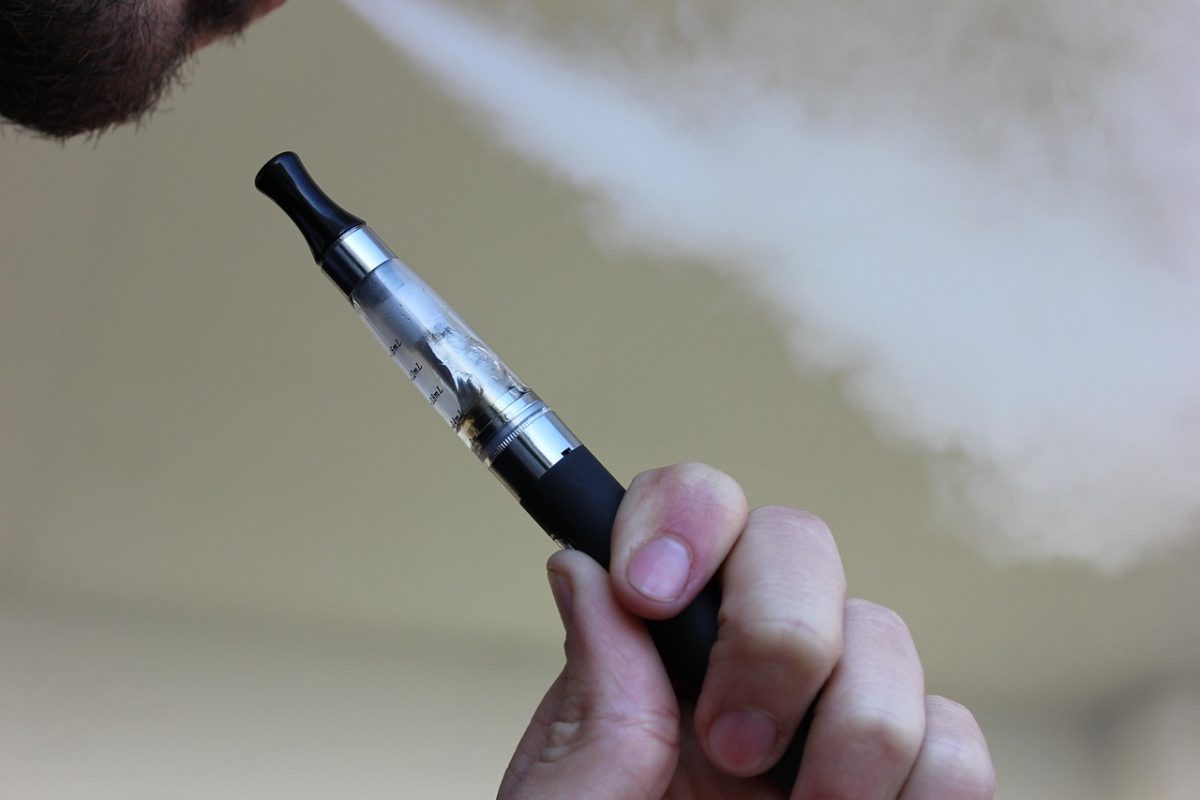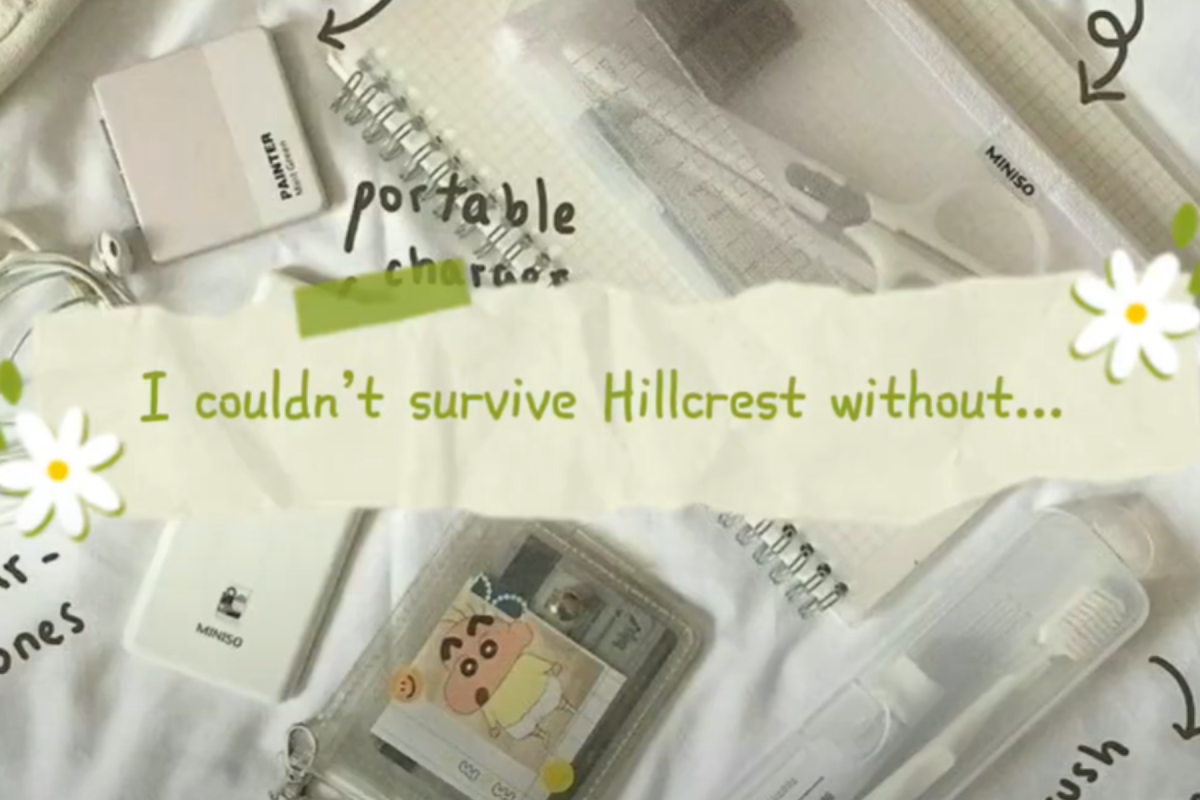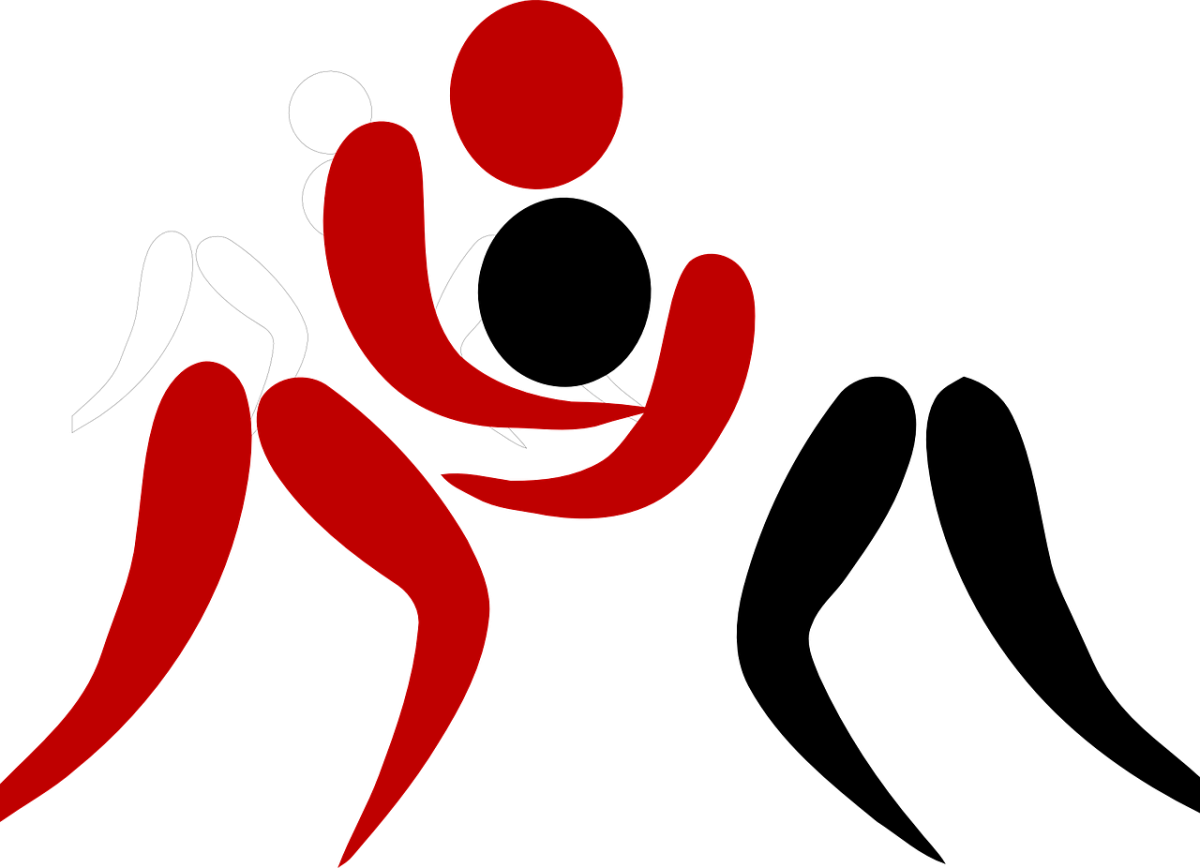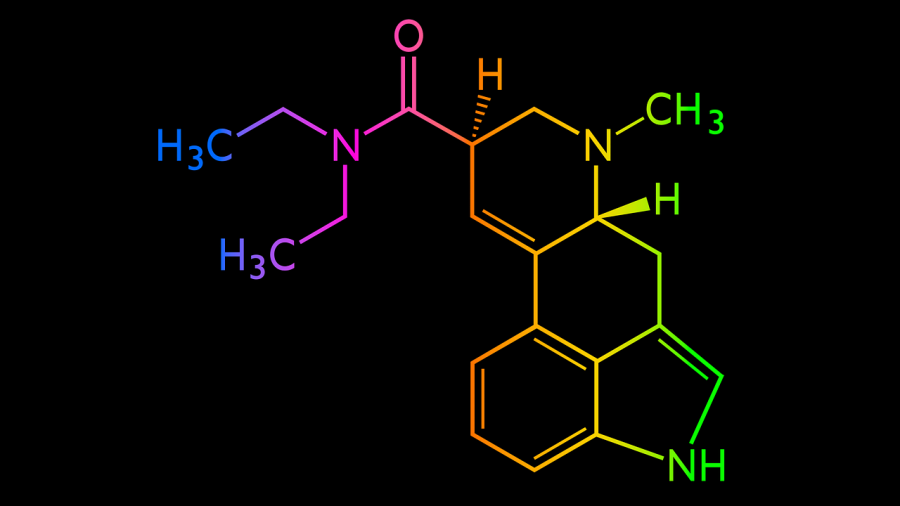Drug Addiction, It’s More Than A Chemical Hook
Image by Colin Behrens from Pixabay
May 9, 2019
What causes people to be addicted to drugs? In today’s society we are trained to believe that the drug itself causes addiction. For example, many people believe that heroin addiction is caused by people doing heroin. But if that’s true, then why is it that in Great Britain where Diamorphine (pure, strong form of heroin) is used as medication, few patients get addicted. Shouldn’t all of them get addicted if the reason for addiction was the heroin itself?
Even one of the most Anti-Drug organizations in the world, the United Nations Office of Drug and Crime, admit that “1 out of 10 drug users is a problem drug user, suffering from drug use disorders or drug dependence.” To put that in perspective, 90% of drug users are non-problematic users, but they use drugs for recreation. This disproves the drug addiction is primarily caused by drugs.

While chemical hooks are a part of drug addiction, a larger part of addiction is the circumstances around the addicted individual. When a person’s physical and psychological needs aren’t met, they’re more likely to get addicted, and overdose. This is proven by a famous psychological experiment “Rat Park.” In this experiment Canadian psychologist Bruce Alexander set up an experiment with two sets of rats. One set were placed in Rat Park, and the other were placed in isolation. The rats in rat park had everything meaningful they could have in their rat lives: an abundance of food, socialization, water, and sex. They were given two feeding tubes, one containing water, and one containing a morphine solution. The rats isolated in cages were giving the same two feeding tubes. Unsurprisingly, the isolated rats living a meaningless rat life drank the morphine solution, and the happy rats in Rat Park drank the plain water, even after they tried the morphine. Another interesting thing from the study is that when the isolated rats were moved to rat park, they also started to prefer the plain water. So this tells us that when rats have a purpose to live and their physiological/psychological needs are fulfilled, they don’t do drugs.
So if we know that drug addiction is caused by a painful existence, then how do we combat this?
The United States seems to think that the right way is incarceration, and capital punishment. However, if the problems that led to drug addiction are never fixed, then relapse is bound to happen when those people get out of prison. This is proven by a study by Ingrid Binswanger from the University of Colorado School of Medicine that followed prisoners after their release. She found that “Overdose rates peak in the first few weeks after release,” and “over half of the participants (16/29) knew of someone who overdosed soon after release from prison, and three had personally overdosed during previous releases from prison.”

So if shame and imprisonment isn’t the way to tackle drug addiction, what other options are there available? I think I heard someone in the back say “do what science suggests and address the needs of the user!”
Luckily for us there are places that have tried this method. In many countries, including Switzerland, the Netherlands, Germany and Denmark, opioids are less of an issue because of they way they are treated. Treatment in those countries include daily doses of the drug to curb the addiction in a safe and controlled way. The way Switzerland combatted heroin addiction is a perfect example of how drug addiction should be treated.
Switzerland went from having a horrible drug problem in the 90’s, to being one of the best places in the world to live in 2019. The Swiss accomplished this feat through legalization, and regulation. When they removed the prison away from heroin, and added therapy and controlled doses of pure heroin instead, it drastically reduced overdose and HIV rates. According to North Carolina Health News, “Over the past two decades, the number of opioid-related deaths in Switzerland has decreased by 64 percent.” HIV rates also plummeted from more than 3,000 people testing positive in 1986, to less than 500 people testing positive in 2017.
I believe that this extreme turn around in such a short period of time is possible for the United States too, despite its many differences from Switzerland. When the U.S. takes a leap and stops stigmatizing and criminalizing drug use, chances are that just like the other countries that tried this method and succeeded, we will too.
Help those addicted to drugs; don’t harm them any further.






























